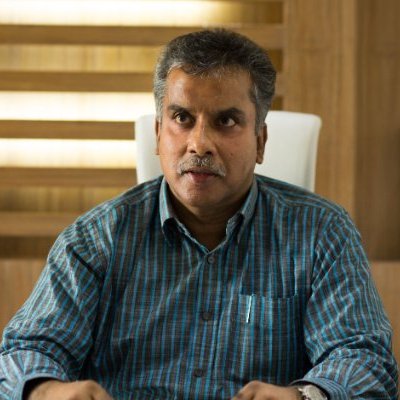
Two-decade old Plummy Fashions started its journey as a small knitwear exporting company. Recently it got ‘Greenest Production Facility’ in the world certificate from a UK-based association.
“Some are not really interested in the green idea. That means they are focusing on their margins and benefits. But there are good buyers and good initiators who support our ideas and sustainability concept. They are leading brands in Europe and the US,” says Fazlul Hoque, Managing Director of Plummy Fashions and former president, Bangladesh Knitwear Manufacturers & Exporters Association (BKMEA) and Bangladesh Employers’ Federation.
Challenges facing Bangladesh

Bangladesh has grown fast despite the fact it doesn’t have strong raw material and machinery base because of investors backing and entrepreneurial skills. In 1983, some business shifted from Sri Lanka to Bangladesh and entrepreneurs grabbed the opportunity in RMG supported by the quota system. Initial growth came from the US market and duty free access all over Europe boosted business. “The political turmoil in Pakistan and developments in China also helped Bangladesh. Preferential treaties like duty free access to Europe, Canada, Australia, Japan, China and India helped us get an edge over competitors like Pakistan and Vietnam,” explains Hoque.
But he thinks the industry could have done better with sound policies. “The pace of infrastructure development was slow, while the apparel business grew. So there was a mismatch. If the two had grown in tandem, we would have had a much better scenario. Instead of a $25 billion industry, we would have been a $35 or $40 billion industry,” avers Hoque.
However, challenges like euro depreciation, Europeans buying in dollars and selling in euros, fall in cotton prices, no preferential access to the US and compliance issues after Rana Plaza collapse have had a serious impact. “Every factory has to undergo a strict procedure. Some factories can’t cope. They have had to reduce productivity because they have to keep some portions closed. Some entrepreneurs felt the requirements were excessive. Buyers became shaky about sourcing from Bangladesh. These are some of the reasons causing a slowdown in our growth rate,” he asserts.
Steps to bounce back
But the situation, says Hoque is improving with buyers regaining confidence and increasing sourcing. “While Alliance is arranging soft loans for entrepreneurs, Accord is left behind in that perspective but their inspection reports are on the whole accepted. Inspection of factories after Rana Plaza showed that only two per cent were not safe. Out of this two per cent, many factories took remedial steps including structural safety, fire safety and other compliance issues,” he explains.
Players are investing in new technology, product development, quality improvement. Big names are sourcing from Bangladesh and not all of them for low price. Major buyers have their own sourcing office in Bangladesh. “Earlier they had offices in India to oversee Bangladesh operations. Many buyers who used to source third party now source directly. When you are a 30-year-old industry you can’t work only on price. We have to work also on quality, product development and delivery. There is a market also for expensive products. Once we were known as a supplier of only cotton based products. But now we have multi fiber products, blended products. So we are enhancing our product basket,” states Hoque.
As for TPP, Hoque says it may take a couple of years to come into force. “I think it’s about a preferential duty, not necessarily zero duty. Bangladesh is not part of TPP. Only one of our competitors is in TPP, Vietnam. There is a fear Vietnam will overtake Bangladeshi exports to the US. I don’t think that will happen. Among the TPP countries, only the US produces raw cotton and though Singapore also produces raw cotton, it is very expensive. In the short term I don’t see TPP as a problem. But in the long term we have to see how it develops. Especially Vietnam is backed by huge Chinese investments. We have to see how we can have a similar treaty with the US and other countries like Russia where we don’t have preferential access,” he says.












